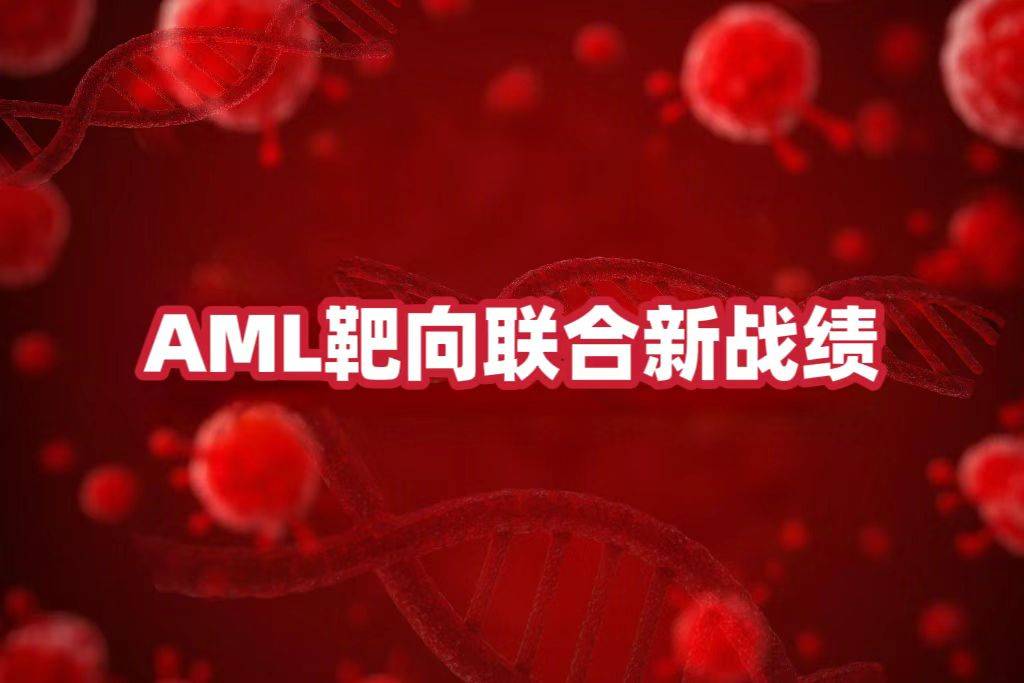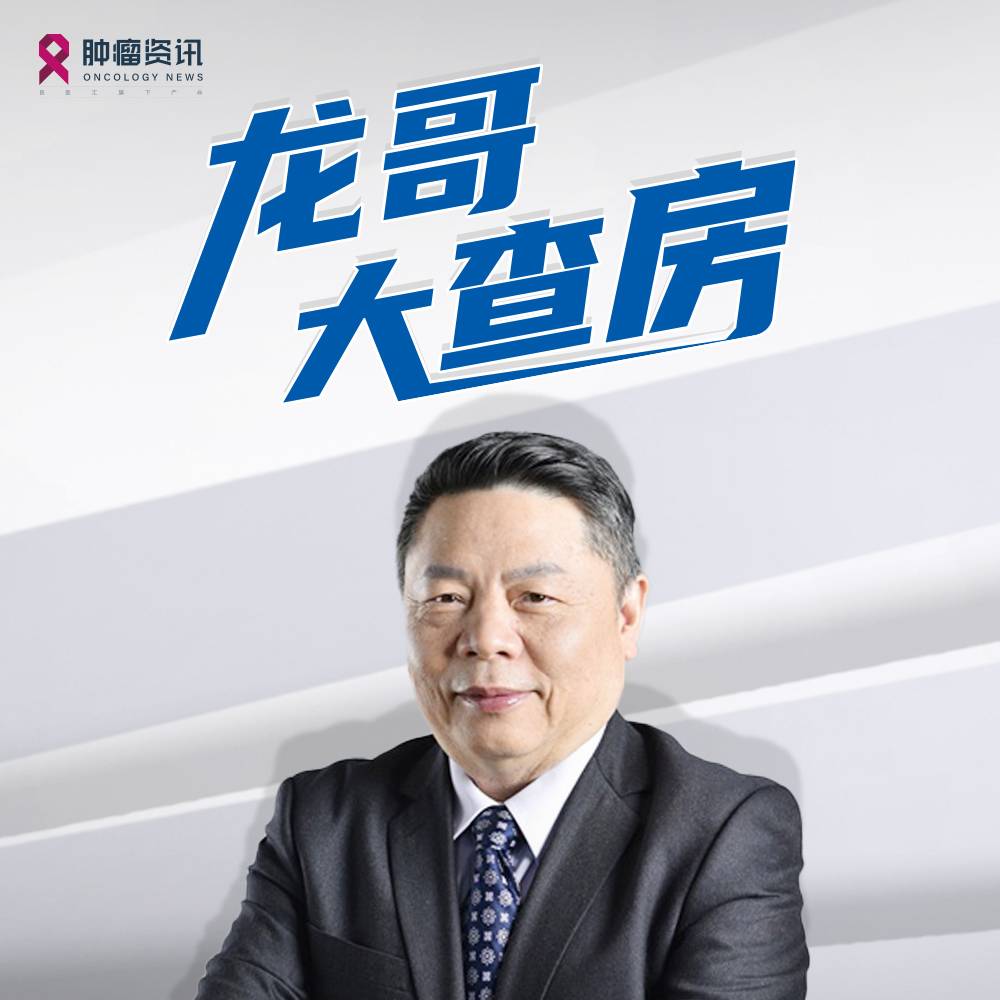
以下内容原文发布于AACR官网的NEWSROOM , 中文内容仅做参考,请点击文末“阅读原文”,阅览原文内容。
疫苗接种结合自体干细胞移植有助于实现疾病的长期控制
发表于美国癌症研究协会(American Association for Cancer Research,AACR)旗下期刊Clinical Cancer Research的一项研究结果显示,在自体干细胞移植(autologous stem cell transplant,ASCT)前后接种的树突状细胞疫苗安全且具备免疫原性,并与高危多发性骨髓瘤患者的持久临床缓解有关。
该研究资深作者、莫菲特癌症中心(Moffitt Cancer Center)血液和骨髓移植及细胞免疫疗法部主任Frederick L. Locke博士(MD)介绍称:“多发性骨髓瘤是一种无法治愈的慢性癌症。树突状细胞疫苗利用患者自身的免疫系统缓解病情,并有助于防止癌症复发。”
Locke及其同事成功设计了一种靶向survivin蛋白的树突状细胞疫苗,并在一项纳入了13名多发性骨髓瘤患者的I期临床试验中对该疫苗进行了测试。患者在接受ASCT标准治疗前30天内接种一剂疫苗,并在移植后约21天再接种一剂疫苗。
开展ASCT治疗前,一般会先进行诱导化疗,以杀死尽可能多的癌细胞,诱导病情缓解。该研究中,研究人员选择的受试者是在诱导治疗后、接受ASCT前仍存在活动性骨髓瘤的高危患者,而这是一个不利的预后因素。Locke博士表示:“关注该患者群体的原因是,他们对疫苗的需求最为迫切。”
了解更多内容,请阅读以下原文。
A Dendritic Cell Vaccine Was Safe and Induced Immune Responses in Patients With Multiple Myeloma
VACCINATION GIVEN IN COMBINATION WITH AUTOLOGOUS STEM CELL TRANSPLANT WAS ASSOCIATED WITH LONG-TERM DISEASE CONTROL
PHILADELPHIA – A dendritic cell vaccine administered before and after autologous stem cell transplant (ASCT) was safe and immunogenic and was associated with durable clinical responses in patients with high-risk multiple myeloma, according to results published in Clinical Cancer Research, a journal of the American Association for Cancer Research (AACR).
Locke and colleagues designed a dendritic cell vaccine targeting a protein called survivin and tested this vaccine in a phase I clinical trial involving 13 patients with multiple myeloma. Patients received one dose of the vaccine within 30 days before standard-of-care ASCT and another dose approximately 21 days post-transplant.
ASCT is typically preceded by induction therapy with chemotherapy to kill as many cancer cells as possible and induce a remission. For this study, the investigators selected patients with high-risk disease who still had active myeloma after induction therapy and before receiving ASCT, which constitutes a negative prognostic factor. “We focused on this patient population because they are most in need of the vaccine,” said Locke.
Dendritic cells are an essential component of the immune system. They take up foreign proteins, break them down, and present the fragments (peptides) to other immune cells to stimulate an immune response, Locke explained. To produce the vaccine, the researchers engineered the patients’ own dendritic cells to express survivin and induce an immune response against the protein.
“High expression of survivin at diagnosis is associated with poor outcomes,” said Locke. “Therefore, we hypothesized that by targeting this protein, we could induce an immune response in patients who have the most aggressive disease and potentially keep them in remission for a longer period of time.”
To increase the number of survivin peptides presented to the immune system, and therefore the likelihood of triggering a survivin-specific response, Locke and team engineered the dendritic cells to express a version of the entire protein, with a mutation to increase safety without compromising immunogenicity.
Study results showed that the vaccine in combination with ASCT was well tolerated, with only minor adverse effects observed. Furthermore, the vaccine induced survivin-specific immune responses. Specifically, circulating survivin-specific CD4 T cells and CD8 T cells significantly increased in approximately 35% and 30% of patients, respectively. Antibodies against survivin peptides were detected in 2 out of 13 patients at baseline and 9 out of 13 patients after vaccination and ASCT. “Overall, 85% of patients had either a T-cell response or an antibody response against survivin,” said Locke.
Seven patients experienced an improved clinical response at 90 days post-transplant, all of whom showed survivin-specific immune responses. After a median follow-up of 4.2 years, six out of these seven patients were alive and remained disease-free after treatment. The estimated four-year progression-free survival was 71%. “These results compared very favorably to historical data suggesting the four-year progression-free survival of this patient population to be approximately 50%,” said Locke.
“Our study showed that we can target survivin with a vaccine-based approach and induce immune responses, and it suggested that this strategy could ultimately help improve patient outcomes,” added Locke. “Larger, randomized studies are needed to confirm our findings and to assess whether moving vaccination to earlier in the disease course would be beneficial in preventing patients from developing aggressive forms of myeloma.”
The patient population in this study is not often included prospectively in clinical trials. Furthermore, the treatment landscape for myeloma is rapidly evolving, with new-generation therapies such as CAR T-cell therapy and bispecific antibodies being tested before transplant. Because of these factors, there are limitations to directly comparing the results from this study to historical data, Locke explained.
In addition, limited sample availability did not allow the researchers to confirm that the observed vaccine-specific immune responses were directed against the patients’ own myeloma cells.
Funding for this study was provided by the National Cancer Institute, a Leukemia and Lymphoma Society Clinical Scholar Award, and donations from the Hawkins family, the Hyer family, and the Thiel family.
Locke has received research support from Bristol Myers Squibb, Kite Pharma, and Novartis and consulting fees from Gerson Lehrman Group. He has served as a scientific advisor to A2 Biotherapeutics, Allogene, Amgen, Bluebird Bio, Bristol Myers Squibb, Iovance, Kite Pharma, Janssen, Legend Biotech, Novartis, Pfizer, Sana Biotechnology, Takeda, Wugen, and Umoja Biopharma. Locke has received compensation for education, speaking, or editorial activity from Emerging Therapy Solutions, Aptitude Health, American Society of Hematology, BioPharma Communications, Communications CARE Education, Clinical Care Options Oncology, Imedex, and Society for Immunotherapy of Cancer.
阅读更多内容,请点击“阅读原文”
排版编辑:肿瘤资讯-Astrid











 苏公网安备32059002004080号
苏公网安备32059002004080号


